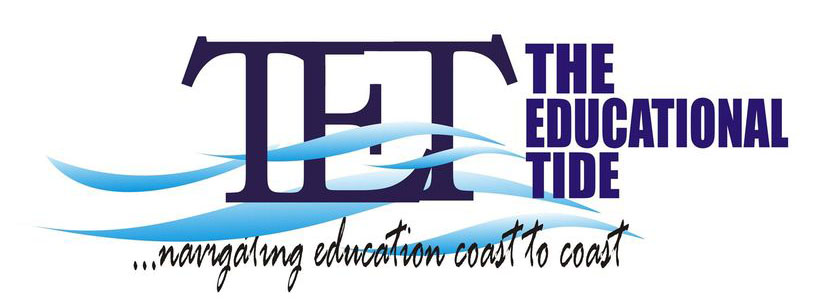The exact future of educational development in Nigeria is unpredictable, as it will depend on various factors such as government policies, funding, and implementation of programs. However, Nigeria’s education system currently faces some challenges, such as a lack of funding, inadequate infrastructure, and a shortage of qualified teachers. To improve the future of education in Nigeria, addressing these challenges will be important. Increasing funding for education and investing in infrastructure, such as building schools and training teachers, will be crucial. Additionally, improving the quality of education by implementing curriculum reforms and teacher training programs can help to improve the future of educational development in Nigeria.
The outcome of the forthcoming election in Nigeria could potentially have a significant impact on the future of educational development in the country. The policies and priorities of the elected government will play a large role in shaping the direction of educational development in Nigeria.
If a government is elected that prioritizes education and is committed to investing in it, this could lead to an increase in funding and resources for education, which in turn could lead to improvements in infrastructure, teacher training, and curriculum development. This could result in better access to education for all, and an improvement in the overall quality of education in Nigeria.
On the other hand, if a government is elected that does not prioritize education, this could lead to a lack of funding and resources for education, resulting in a lack of progress in educational development. This could result in a continuation of the existing challenges such as inadequate infrastructure and a shortage of qualified teachers.
It is important to note that the policies and plans of any political party or candidate can change, so it will be essential to monitor the situation and track their progress once they are in office.














